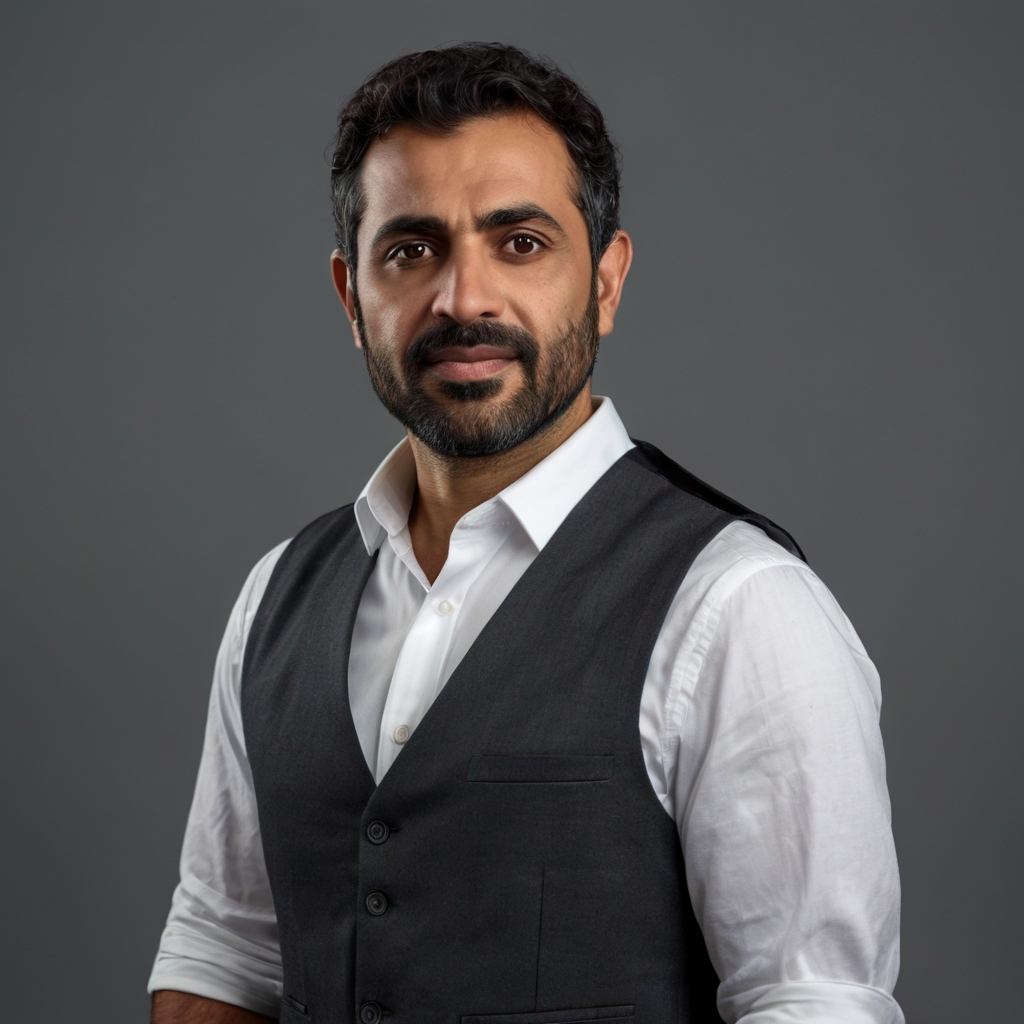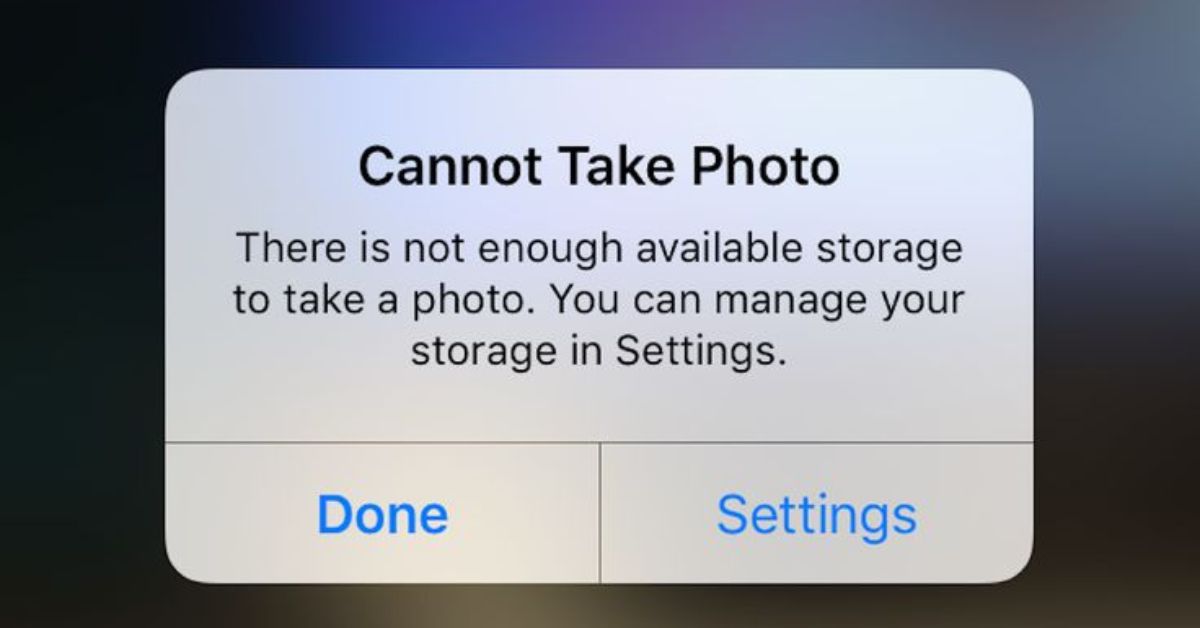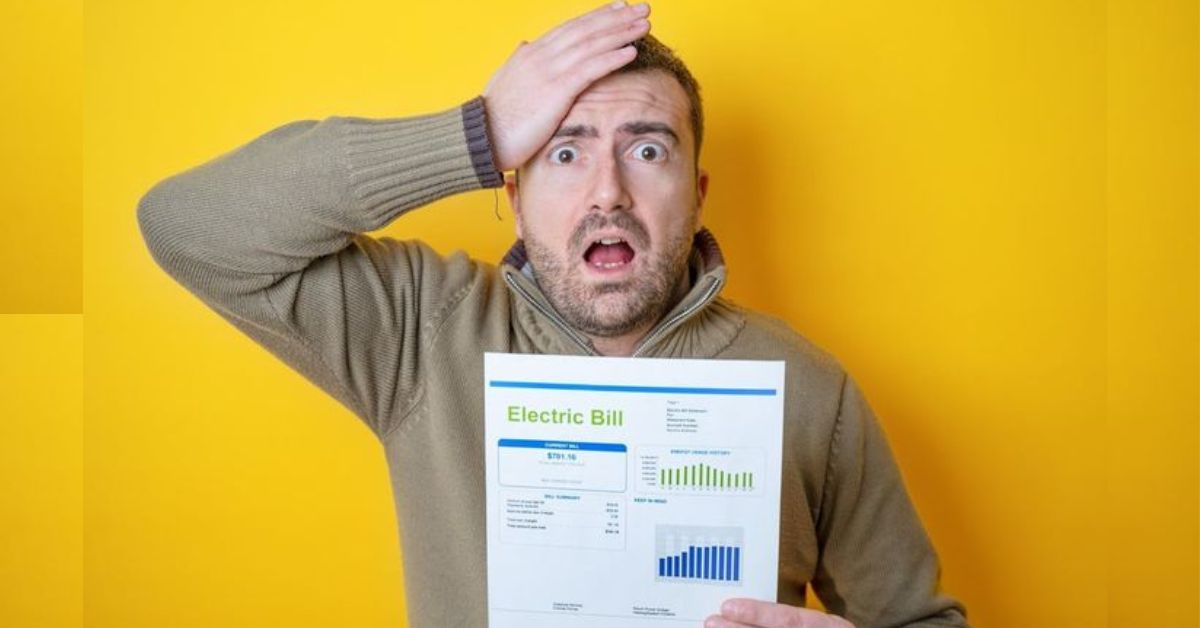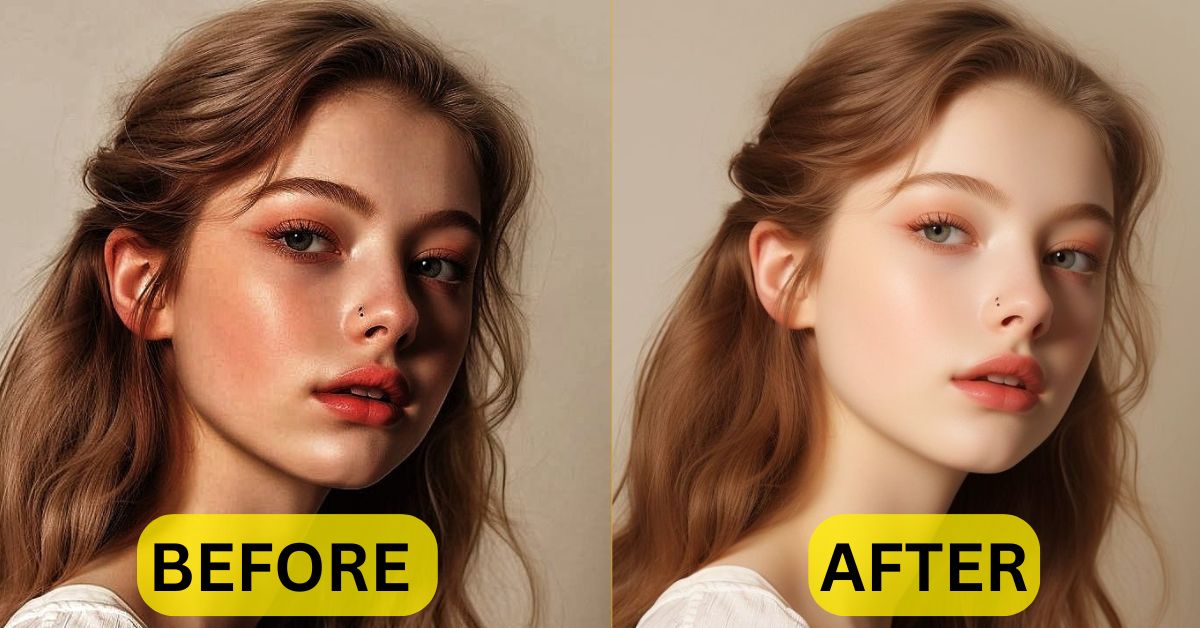Donald Trump has ignited a firestorm by calling for the prosecution of Beyoncé, alleging she received $11 million for endorsing Kamala Harris during the 2024 presidential campaign. The claim, aired in a late-night Truth Social post on July 26, 2025, while Trump was in Scotland, also targets Oprah Winfrey and Al Sharpton with similar accusations.
At NQTV365, we’ve delved into this controversy to offer a fresh, human perspective on the allegations, their basis, and the broader implications. This isn’t just a celebrity spat it’s a political move with legal and cultural stakes that could reshape campaign finance debates.
Trump’s post suggested Beyoncé broke election laws by accepting the payment for a Houston rally in October 2024, where she spoke but didn’t perform. He claimed she “left the stage to a booing and angry audience,” a detail he used to bolster his case.
The former president also alleged Oprah received $3 million and Sharpton $600,000 for similar endorsements, demanding investigations into what he called “illegal campaign donations.” The timing, amid an Epstein-related uproar, has fueled speculation about Trump’s motives, drawing intense scrutiny.
The Context of the Claims
This controversy unfolds against a backdrop of heightened political tension. Trump, back on the golf course in Scotland before meeting European Commission President Ursula von der Leyen, used the platform to shift focus from his own challenges.
The Epstein connection recently resurfacing with new allegations has put him on the defensive, and targeting high-profile figures like Beyoncé may be a distraction tactic. His post came hours after a CNN report debunked similar claims, adding to the narrative of deflection.
Beyoncé’s involvement with Harris began in October 2024, when she appeared at a rally to support the then-vice president’s candidacy. She framed it as a personal stance, saying, “I’m not here as a celebrity or politician,” emphasizing her role as a mother concerned about the future.
The event drew massive crowds, contradicting Trump’s booing claim, which lacks video evidence. Harris’s campaign spent $165,000 on production costs for celebrity appearances, per a Deadline report, but no direct payments to endorsers were documented.
Fact-Checking the $11 Million Accusation
The core of Trump’s allegation that Beyoncé received $11 million doesn’t hold up under scrutiny. Federal Election Commission (FEC) records show no such payment from the Harris campaign to Beyoncé or any celebrity endorser.
The $165,000 figure covers logistics like staging and security, a standard expense for high-profile events, as confirmed by a Harris spokesperson to CNN. Trump’s $11 million figure, first floated by supporters on social media last year, lacks a source, and no evidence has emerged despite his call for prosecution.
Legal experts argue the claim misinterprets campaign finance laws. Endorsements aren’t illegal unless they involve direct cash payments to influence votes, which requires FEC disclosure.
The $165,000 was reported, aligning with regulations. Trump’s broader accusation against Oprah and Sharpton $3 million and $600,000, respectively also lacks documentation, with FEC filings showing no such transactions. This suggests the numbers may be exaggerated or fabricated, a tactic some see as leveraging celebrity fame for political gain.
Political and Cultural Reactions
The reaction has been swift and polarized. Democrats, including Harris allies, have condemned Trump’s remarks as baseless, with Representative Alexandria Ocasio-Cortez calling it a “smear campaign” on X. Beyoncé’s fans, known as the Beyhive, have rallied online, trending #JusticeForBeyonce to counter the narrative. Cultural figures like Oprah have dismissed the claims as “laughable,” while Sharpton’s National Action Network plans a press conference to address the allegations.
Republicans are split. Some, like Senator Ted Cruz, back Trump’s push for scrutiny, arguing it exposes campaign finance loopholes. Others, including Mitt Romney, have urged caution, noting the lack of evidence could damage GOP credibility. The Epstein context has amplified the debate, with critics accusing Trump of using the claims to deflect, a theory gaining traction as protests grow outside his Scottish resort.
Media outlets are diving in. CNN’s fact-check labeled the $11 million claim “unfounded,” while Fox News gave Trump airtime to elaborate, though without substantiation. The cultural clash pits Trump’s base against entertainment icons, risking a broader divide as the 2026 midterms loom. Public opinion, per a quick YouGov poll, shows 60% of respondents skeptical of Trump’s evidence, hinting at a backlash.
What This Means for Future Campaigns
This episode could reshape campaign endorsement practices. If Trump’s call for investigation gains traction, the FEC might tighten rules on celebrity appearances, requiring stricter reporting of production costs. Campaigns could face pressure to avoid high-profile endorsers, fearing legal challenges, which might limit voter outreach tools.
Legal analysts suggest a review could take months, with potential fines if any violations are found though current evidence points to compliance.
For Beyoncé and other celebrities, this highlights the risks of political engagement.
Her silence so far may reflect a strategic pause, but it could prompt future caution, impacting artists’ willingness to back candidates. Politically, Trump’s tactic might embolden similar attacks, turning endorsements into legal battlegrounds.
This could deter stars from participating, shifting campaign strategies toward grassroots efforts.
For you, watch for FEC updates or celebrity statements that could clarify this saga. Engage in political discussions online or with local groups to influence how these rules evolve. This Trump-Beyoncé clash is more than a headline it’s a test of campaign integrity and celebrity influence in a polarized era.
Author
-

Tyler Grayson brings global events to your screen with clarity, depth, and context. With a background in political science and international relations, Tyler covers diplomacy, global conflicts, climate issues, and major policy shifts with a balanced, facts-first approach. His reporting connects the dots between headlines and their real-world impact.







